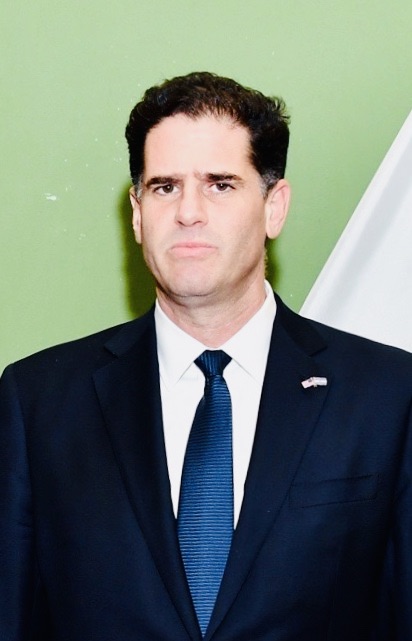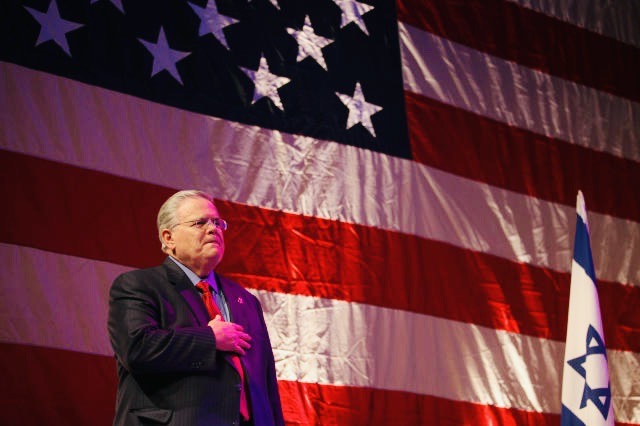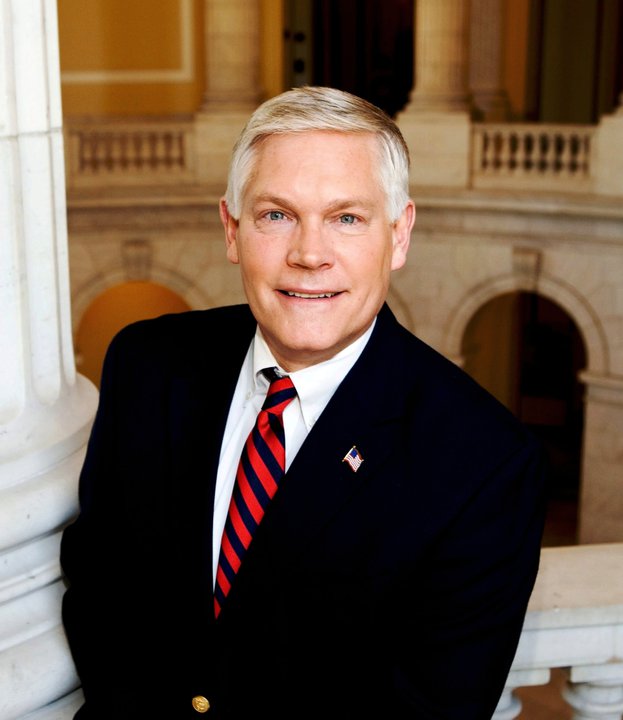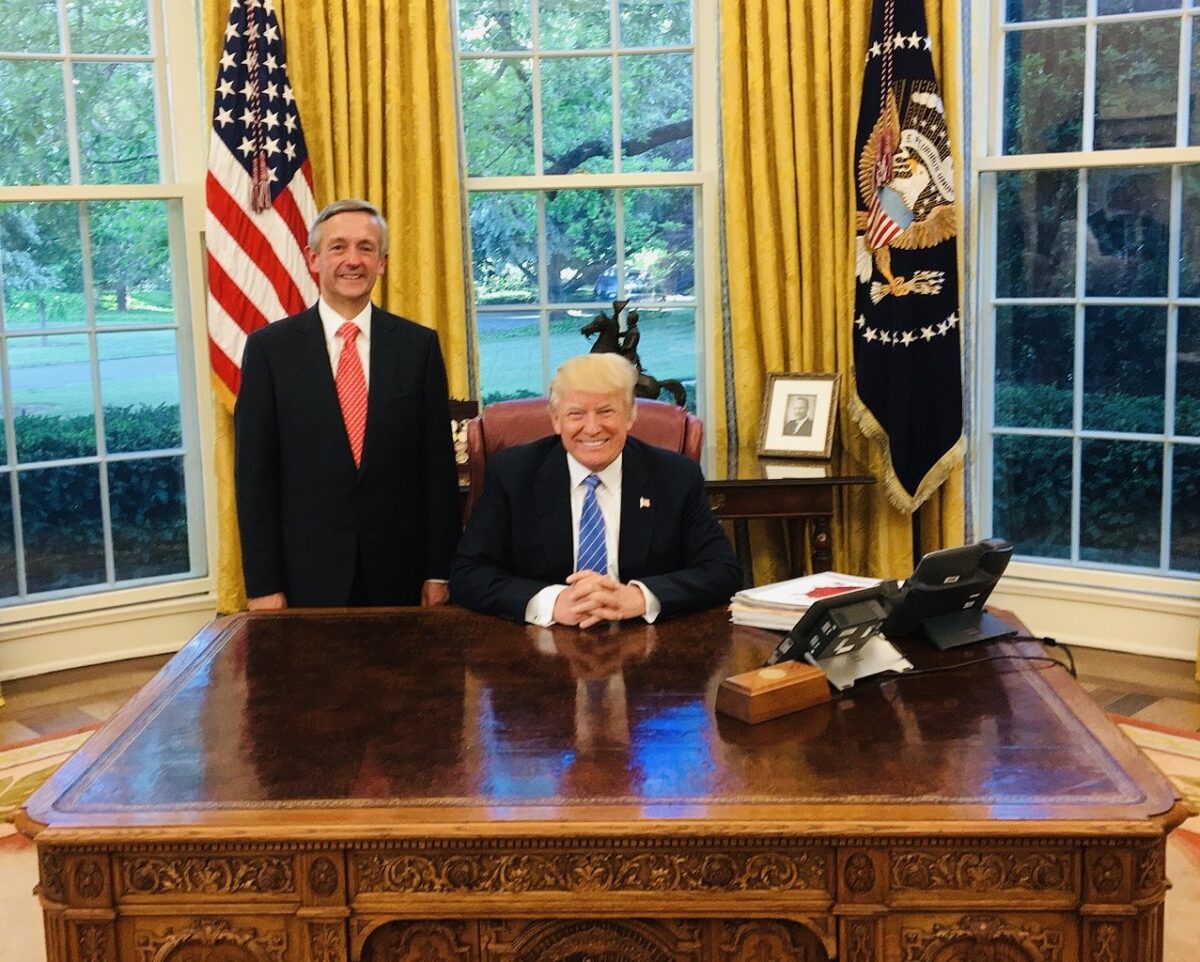Tonje Hessen Schei and Michael Rowley have produced a thoughtful and disturbing documentary examining the beliefs and objectives of American evangelical Christians. Praying for Armageddon will be screened at the Hot Docs film festival in Toronto on May 2 in its North American premiere. There will be additional screenings on May 4 and May 7, and the film will be streamed online between May 5-9.
By their estimate, there are approximately 100 million evangelical Christians in the United States, representing about one-third of eligible U.S. voters. Within this group are an influential cadre of Christian Zionists who avidly support Israel and endorse the anti-Palestinian policies of the right-wing national-religious camp in Israel.

Evangelicals have evolved into a powerful force in American politics, having apparently been instrumental in convincing the previous U.S. president, Donald Trump, to recognize Jerusalem as Israel’s capital and move the American embassy from Tel Aviv to Jerusalem.
Ron Dermer, Israel’s former ambassador to the United States and currently a minister in Prime Minister Benjamin Netanyahu’s coalition government, recognized this reality a few years ago when he advised Israel to spend more of its resources winning the hearts and minds of American evangelicals rather than courting Jews, who are “disproportionately among our critics.”

Heavily swayed by biblical scriptures, evangelicals are fervently invested in the New Testament concept of Armageddon — the last battle between good and evil before the obliteration of the earth. At that moment, on the Day of Judgment, the all-mighty savior, Jesus Christ, will reappear and all his acolytes will ascend to heaven.
Since Armageddon is contingent on Israel’s continued existence, preferably within its ancient boundaries encompassing the West Bank, the Gaza Strip and the Hashemite Kingdom of Jordan, evangelicals ardently promote an aggressive U.S. foreign policy to ensure such a geopolitical outcome. To evangelicals, the ethnic cleansing of Palestinians from their homeland will hasten the advent of Armageddon.
There is another dark and dangerous side to Armageddon — the conversion of Jews to Christianity on pain of death. Although the film does not really address this touchy issue, Armageddon is eerily similar to the existential choice faced by Jews on the eve of their expulsion from Spain in 1492 — convert to Catholicism, be killed, or leave the country altogether.
Evangelicals, of course, do not speak openly about this apocalyptic scenario, but they do profess their love for Israel, America’s chief ally in the Middle East.
In Praying for Armageddon, a viewer is introduced to minor and major figures in the pro-Israel evangelical movement, all of whom hew to profoundly conservative views on contemporary social and political issues.

Pastor Gary Burd of the Mission M25 Ministry is a scruffy, leather-clad biker who thinks that America has drifted dangerously into secularism and that the church has lost the battle to preserve the United States as a Christian nation. Only Armageddon can save it, he suggests to his followers in rural America.
John Hagee, a Texas preacher and the head of Christians United for Israel, yearns for a new world order after Armageddon, during which the sun and moon will darken, the seas will turn blood red, and Jesus will return in all his glory.

Robert Jeffress, his colleague, echoes his End of Times position and describes non-Christians who reject Jesus as the “ultimate enemy.” According to an evangelical defector, Americans of Jeffress’ ilk seek to convert the United States into a Christian theocracy.
Ralph Drollinger, a preacher who works with politicians on Capitol Hill, predicts that Armageddon will dawn when Israel is attacked by the Antichrist and Jesus comes to its rescue. In the lexicon of evangelicals, the Antichrist could be a nuclear-armed Iran or an Islamic fundamentalist organization.
Larry Wilkerson, who was Colin Powell’s chief of staff when he was U.S. secretary of state, believes that evangelicals regard the United States’ strategic relationship with Israel as a tool of biblical prophecy that will hasten Armageddon.
The filmmakers estimate that about 50 members of the U.S. Congress, mostly or entirely Republicans, subscribe to the notion of Armageddon.

Pete Sessions, a congressman from Texas, believes the United States has a vested interest in supplying Israel with armaments and financial aid so that its survival is never in doubt. He thinks that Jews are god’s chosen people.
Lauren Boebert, a congresswomen from Colorado, claims that only two countries glorify god — the United States and Israel.

Their overarching ideas, enmeshed in evangelical theology, are implicitly or explicitly challenged by three individuals: Lee Fang, a young reporter for The Intercept, a left-of-center online publication and the film’s narrator, Fayrouz Sharkawi, a Palestinian nationalist who seems to reject Israel’s existence, and Arik Ascherman, an Israeli rabbi who has worked with Palestinians.
Fang is indirectly critical of evangelical assumptions and the movement’s association with Israel. Sharkawi speaks of Israel’s land confiscations, the cooperation between the Israeli government and Jewish settlers in the West Bank, and the funding they receive from tex-exempt charities in the United States. Ascherman argues that evangelical policies endanger him and his family and ensure that Israel will always be at war with the Palestinians.
According to Fang, evangelicals are making inroads in the U.S. armed forces, having converted an increasing number of soldiers. The converts yearn for Armageddon, the final destination of evangelical true believers.
Praying for Armageddon skillfully guides us through this maze.
